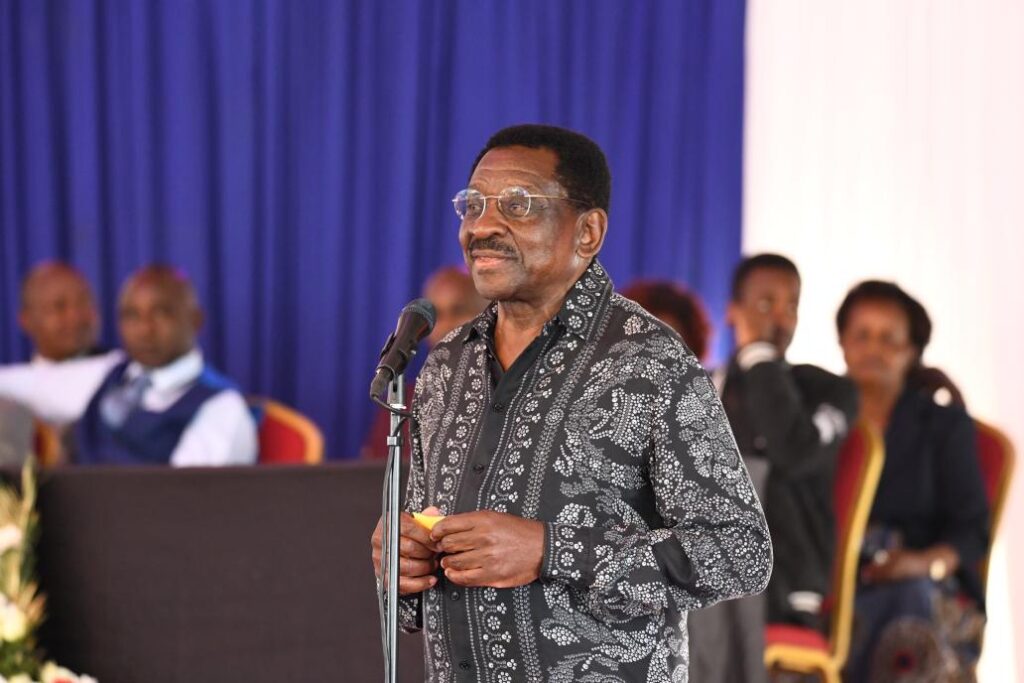Siaya Governor James Orengo has strongly condemned the decision to charge activist Boniface Mwangi and other young Kenyans with terrorism-related offences, terming the move as unjustified and politically motivated.
Mwangi was arrested on Sunday, July 20, at his Lukenya home in Machakos County by detectives from the Directorate of Criminal Investigations (DCI). He is accused of facilitating terrorist activities during the nationwide anti-government protests held on June 25, 2025. The DCI indicated that Mwangi was in custody at Pangani Police Station and would be arraigned on Monday, July 21.
Items recovered from Mwangi’s home and office included mobile phones, laptops, external hard drives, notebooks, company seals, cheque books, and a single blank round of 7.62mm ammunition. Authorities also discovered two unused tear gas canisters during the raid. These items form part of the evidence in the case where Mwangi is expected to face charges of facilitating terrorist acts and unlawful possession of ammunition.
Governor Orengo, however, has criticized the state’s approach, calling the terrorism charges against Mwangi and other youth demonstrators “ridiculous.” In a statement posted on X (formerly Twitter), Orengo stated, “By stretch of any tortured legal definition and factual foundation, it’s ridiculous to charge Boniface Mwangi and our children who have demonstrated a high level of political consciousness with terrorism.”
He emphasized that political expression and protest should not be criminalized. “Protected speech and political action should never be treated as terrorism,” Orengo added.
This comes amid a broader crackdown on protesters. On July 10, 36 individuals were charged with terrorism-related offences at the Kahawa Law Courts. Prosecutors allege that a coordinated group was behind attacks on multiple government offices in Kikuyu town, Kiambu County, resulting in extensive property damage.
Those arrested face charges of committing terrorist acts and arson, after incidents at key public offices including the Kikuyu Law Courts, Chief’s Office, and Registrar of Lands.
The mounting charges have sparked national debate over civil liberties, with human rights groups raising concerns over what they see as an attempt to silence dissent through excessive legal action.

